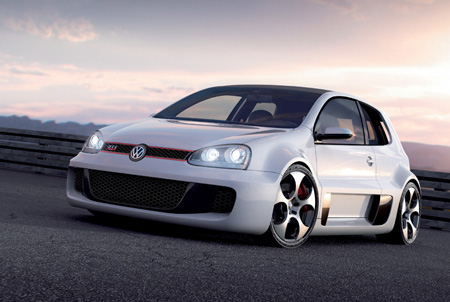The Volkswagen Group’s decision on what exactly to do with the solid-state energy storage technology currently under development by the company QuantumScape will be made sometime before July, according to a recent report from Bloomberg.
That report — which cited the Chairman of the Board of Management, Professor Martin Winterkorn — also noted that QuantumScaperecently posted 11 new job openings, seeking, amongst other things, a director/manager of manufacturing operations, a process engineering manager to head a team developing a new energy storage technology (through demonstration of consistent production), and research and development technicians + battery engineers.
While Winterkorn is, unsurprisingly, quite bullish on the potential of the technology, the Volkswagen Group’s next move isn’t necessarily a given — despite its 5% stake in the company, there are many different potential paths it could take.
A bit of background: QuantumScape formed back in 2010, with they stated intention of commercializing the “All-Electron Battery†previously developed by researchers at Stanford (supported by the US Department of Energy’s ARPA-E BEEST program). The solid-state batteries would be an alternative to liquid electrolytes, the dominant of which is lithium-ion technology.
Bloomberg provides more info:
Solid electrolytes are burn resistant and could potentially store more energy and provide more power to extend the range of electric vehicles.
The All-Electron Battery stores energy by moving electrons, rather than ions, and uses electron/hole redox instead of capacitive polarization of a double-layer. ARPA-E said that the technology uses a novel architecture that has potential for very high energy density because it decouples the two functions of capacitors: charge separation and breakdown strength.
Winterkorn said in November that he sees “great potential†in the new power-storage technology, which may expand an electric vehicle’s driving distance between recharges to as much as 700 kilometers (430 miles). That’s more than three times the range of the battery-powered version of the VW Golf. Tesla’s Model S has a range of 270 miles, according to its website.
A single-charge range of 430 miles would put electric vehicles more or less on equal (or better, if we’re really being honest) footing with gas-powered vehicles in terms of range. Most charging is done at home, and as Zachary noted yesterday, over 80% of Americans driver fewer than 60 miles a day.
Cost will likely remain a barrier for the next few years (at least), limiting adoption to expensive vehicles — but perhaps I’m wrong, perhaps things are on the verge of breaking out, and we just don’t know it yet. Perhaps an “affordable†high-range electric car will arrive sooner than we think. A VW exec was certainly confident enough about some type of battery technology to say that a 300-mile, affordable electric car is not far off.
Source: Cleantechnica


